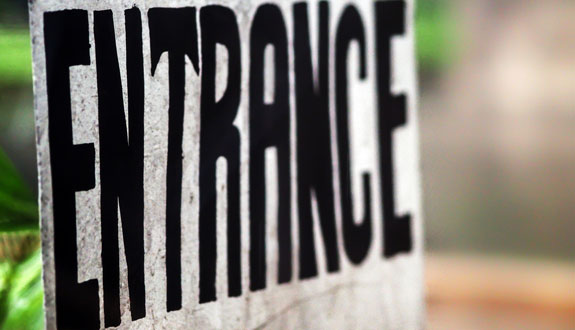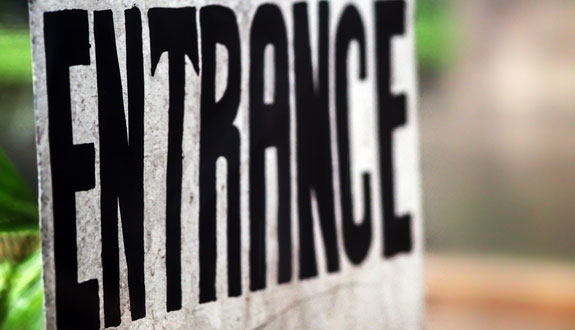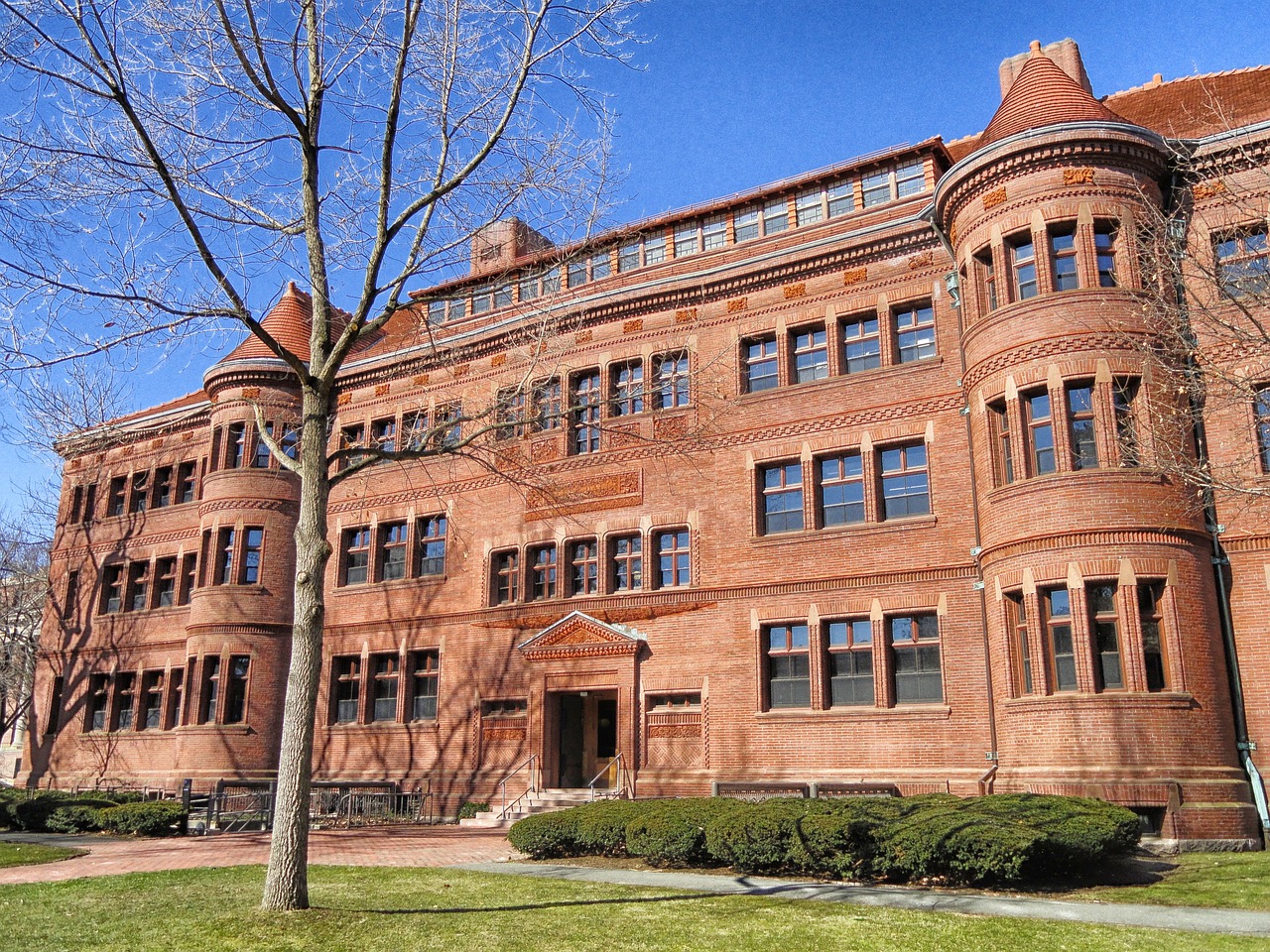
Last week, Hank attended a handful of events at the 2014 Pacific Coast Association of Pre-Law Advisors (PCAPLA) Conference and blogged about them. This is part 3 of 3.
A question and answer session with a panel of law school admissions deans was the last, but certainly not least, event at the 2014 PCAPLA Conference Friday evening on the UCLA campus.
The panel — which consisted of Southwestern University Law School Assistant Dean of Admissions Lisa Gear, Pepperdine University School of Law Assistant Dean of Admissions Shannon Phillips, USC Gould School of Law Dean of Admissions Chloe Reid, Loyola Law School Assistant Dean of Admissions Jannell Lundy, and UCLA School of Law Assistant Dean of Admissions Rob Schwartz — discussed an array of topics and gave great advice to the dozens of pre-law advisors in attendance to pass along to their students.
Some of the best advice was among the most obvious.
Or so you’d think.
One of the most surprising takeaways from the discussion was that many law school applicants blow their chance at scholarship money by simply not reading in full the material sent to them from law schools. Almost every panelist had a story about sending a student a scholarship offer, only to receive a message back indicating the student hadn’t read all of the information. Such an interaction is a huge red flag to law schools; if you can’t read all of an email, why should they think you’d read all of your homework?
Schwartz had an additional warning: watch the tweets. He said it drives him crazy when he talks to a law school applicant, only to see later that that person has described their conversation on social media or the Top Law Schools forum. Schwartz said students should remember that getting an offer from a law school doesn’t grant them a free pass when it comes to professionalism. And sometimes being professional is as easy as remembering that the internet is a public channel.
Communication between the applicant and law school was also the subject of the next discussion point: moving off the wait list. Reid said even if applicants read every word of a wait list notification, the process could still be confusing. That’s why she encouraged applicants to contact law schools and ask questions. If you really want to attend, send a letter of continued interest (LOCI). Law schools use LOCIs to determine which applicants are most serious about attending. The key is to find a balance; law schools are extremely leery of applicants who harass admissions offices.
Lundy added that wait lists aren’t just for applicants. Law schools are in limbo, too, awaiting decisions from applicants with stronger submissions who are committed to more than one school. She likened it to being engaged to two people. So if you have any law schools waiting on you after you’ve decided which one you’re going to attend, it’s best to let the other schools know so they can move on with their lives (other applications).
When to apply to law school was the final topic of the evening. Although not all of the law schools represented on the panel offered early decision applications, most of the panelists agreed that, for scholarship reasons, the earlier you can get your best application in, the better. But you should never submit a law school application before it’s ready. Also, don’t feel too empowered in the current law school admissions landscape. There may be a downturn in applications these days, Gear said, but there are still other applicants. You still need to make your case.
Obvious, right?
In case you missed it, here’s part one and part two of Hank’s series on the 2014 PCAPLA Conference.




